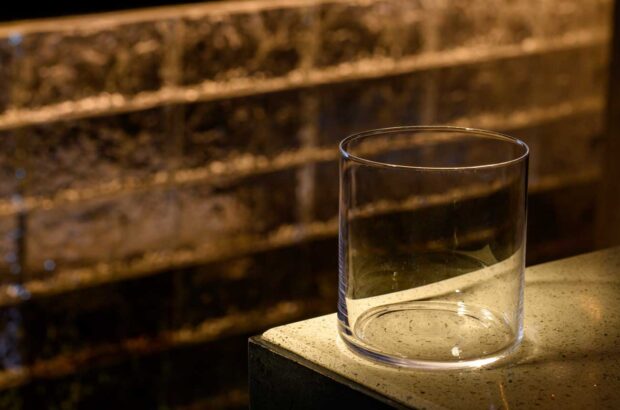Wolf Blass is launching two wines in plastic bottles next week – the first 750ml plastic bottles in Australia.
Foster’s Group is launching the AUS$17 ‘Green Label’ wines – a ‘crisp dry white’ blend and a Shiraz Cabernet Sauvignon – which it says have major environmental credentials.
It says the ‘full lifecycle assessment’ is the first for any wine in PET bottles.
This is aimed at overcoming any consumer resistance like that which had impeded its first attempt to sell wines in PET bottles, in Ontario, Canada, in 2006.
Oliver Horn, global brand director of Wolf Blass said the Canada trial failed because the environmental benefits could not at the time be substantiated.
Wine is sold in plastic bottles in Australia but only in smaller sizes. The Wolf Blass will be the first full-size bottles.
Foster’s is also hoping that an increase in the height of the bottles – the 2006 bottles had been too short – would help acceptance.
Horn said that laboratory trials and taste tests had shown no difference in taste. Advanced oxygen barrier technology had been used in the bottle manufacture.
The independent assessment – ‘from vineyard to bottle disposal’ – had shown the wines produced 29% less greenhouse gas emissions than wine packaged in glass bottles.
The wines had been priced to appeal to environmentally conscious consumers.
‘We didn’t want to go too low into the market because we think consumers need the reassurance when you buy new technology that it comes from a credible, premium brand,’ Horn said.
Written by Chris Snow





